Ohio Farm Bureau supports legislation encouraging ag career awareness for urban youth
Introduced by Sen. Paula Hicks-Hudson, SB 120 would establish the Urban Farmer Youth Initiative Pilot Program.
Read MoreOhio Farm Bureau recently provided comments concerning the U.S. EPA's proposed rule regarding proposed Renewable Volume Obligations for 2021 and 2022, as well as EPA’s proposal to retroactively adjust the already-finalized RVO for 2020.
The Ohio Farm Bureau Federation recently provided comments concerning the U.S. Environmental Protection Agency’s proposed rule regarding proposed Renewable Volume Obligations (RVO) for 2021 and 2022, as well as EPA’s proposal to retroactively adjust the already-finalized RVO for 2020.
The letter pointed out how renewable fuels have been a tremendous success story for the country and the rural economy and how the Renewable Fuel Standard has reduced the country’s dependence on foreign crude oil, reduced air pollution, increased farm incomes and provided good-paying jobs in rural America.
“Following the implementation of the RFS2 in 2007, the U.S. experienced tremendous growth within the agricultural sector,” the letter read. “U.S. farmers responded to these new market signals by expanding crop production by 3 billion to 4 billion bushels of corn and over 1 billion bushels of soybeans, crops that are used to produce corn-based ethanol and soybean oil biodiesel.”
The letter asserted that with the exception of the proposal to reopen the final 2020 standards, Farm Bureau believes the proposed rule represents an important and long-awaited step toward restoring order, integrity and stability to the RFS. It also noted that Farm Bureau supports the proposed volumes for 2022 for all categories of renewable fuel, and specifically commends EPA for proposing to set the implied requirement for conventional renewable fuels at the statutory level of 15 billion gallons.
“We also support EPA’s proposal to account for projected exempt volumes from small refineries when setting RVO percentages, and Farm Bureau agrees with EPA that, ‘in the interest of transparency,’ the agency should release basic information about entities seeking exemptions from RFS compliance,” the letter read. “While we understand EPA’s proposed denial of 65 pending small refinery exemption petitions is not the subject of this docket, we also want to voice our strong support for that decision.”
As for the 2021 RVO and the proposed revision to the 2020 RVO, the letter addresses serious concerns Ohio Farm Bureau has about EPA’s questionable use of its “reset” authority.
“While we understand EPA has a statutory obligation to consider resetting future RFS volumes when certain thresholds are met, it does not appear that Congress intended for EPA to use its reset authority for the purpose of retroactively addressing unforeseen market anomalies like COVID or weather-related disasters”
The letter underlined that EPA’s current proposals for 2020 and 2021 show a lack of appreciation for farmers who did not stop producing for the U.S. in the midst of the pandemic and would only add to the uncertainty now facing farmers and biofuel producers.
“These proposed requirements undercut the growth of homegrown biofuels and hold back our efforts to revitalize rural communities, create clean energy jobs and reduce emissions of the transportation sector. Now more than ever, it’s vital that EPA set strong biofuel requirements as soon as possible.”
Read the full letter to the EPA regarding the agency’s RFS proposal.


Introduced by Sen. Paula Hicks-Hudson, SB 120 would establish the Urban Farmer Youth Initiative Pilot Program.
Read More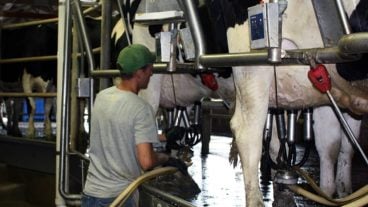
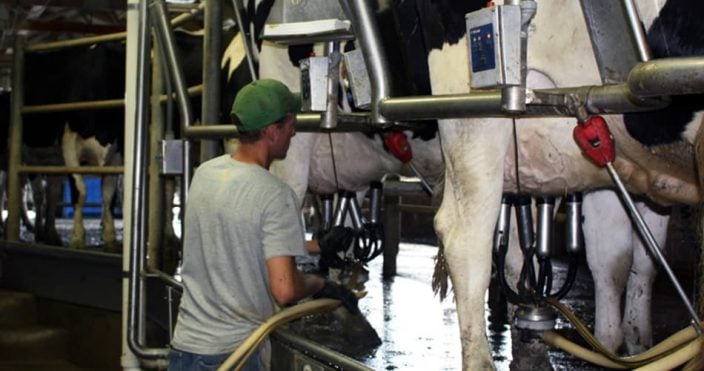
Join the Logan County Farm Bureau to learn more about pressing topics for your farms on Thursday, Feb. 26.
Read More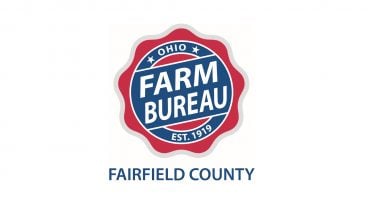
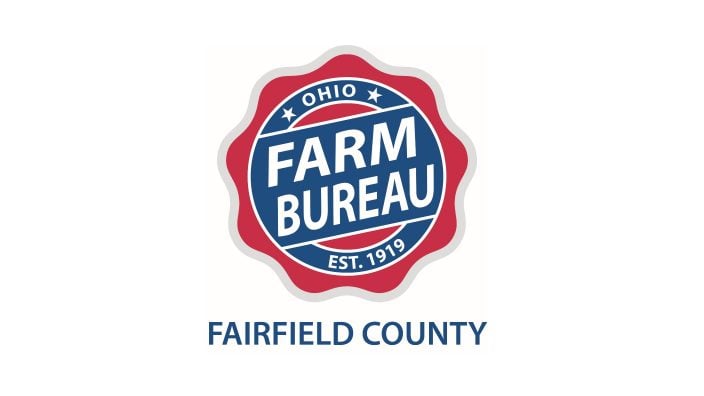
The meeting will take place Feb. 16, 2026, at 8 a.m. on the campus of Ohio University, Lancaster. RSVP by Feb. 12, 2026.
Read More

Leah Curtis joins this Legal with Leah to talk about what data centers mean for local communities and how to stay engaged in the development process
Read More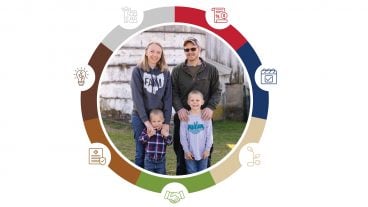
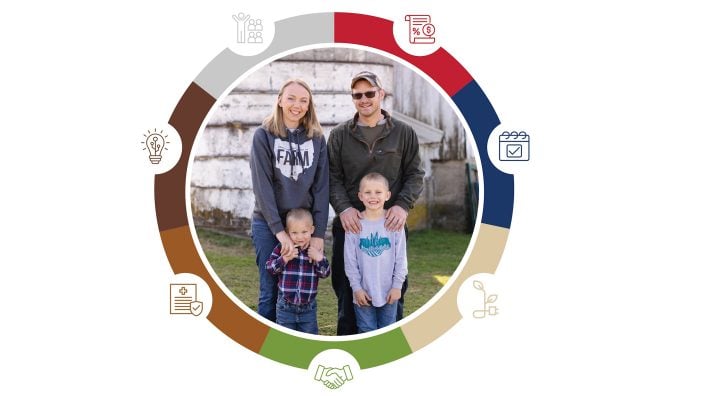
This 2025 By The Numbers report shares some of the public policy achievements and member programs that deliver value to all Ohio Farm Bureau members.
Read More
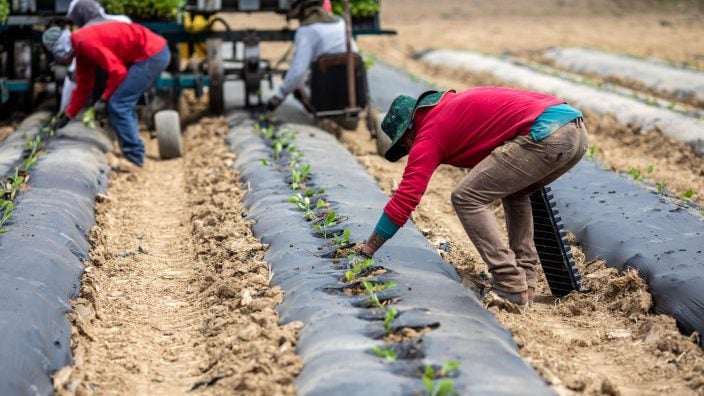
A recent state budget fix and a federal rule reform to H-2A have resulted in some relief for farmers who use the guest worker program.
Read More

Ohio Farm Bureau advocated for a change in the law to allow family members and employees to handle pesticides while under the supervision of a licensed applicator. The rules around HB 10 are being finalized.
Read More

Four property tax reform bills were signed into Ohio law at the end of 2025. Ohio Farm Bureau Associate General Counsel Leah Curtis breaks down the bills and what the changes mean for Ohioans.
Read More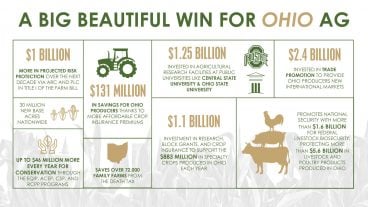
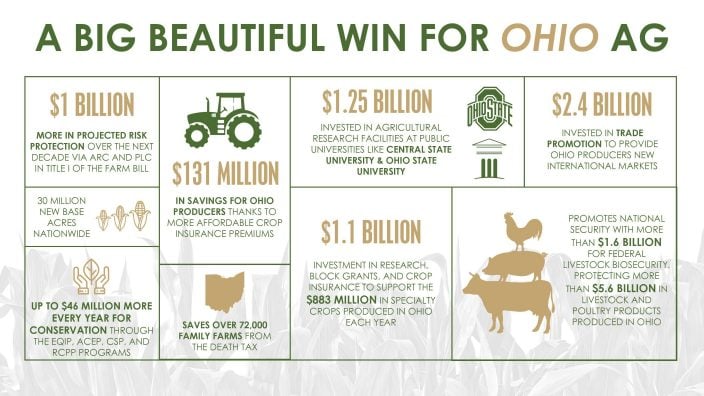
Overall, $65.6 billion from this aid package is projected to increase agriculture-focused spending over the next decade.
Read More

This evening is designed to bring local leadership and the agriculture community together for meaningful conversation about issues impacting Preble County and our rural communities.
Read More